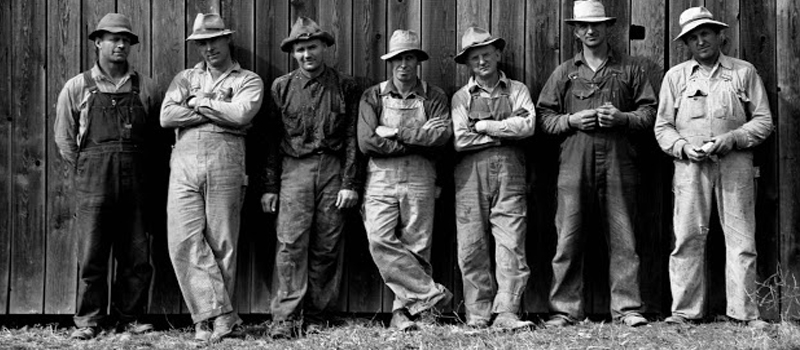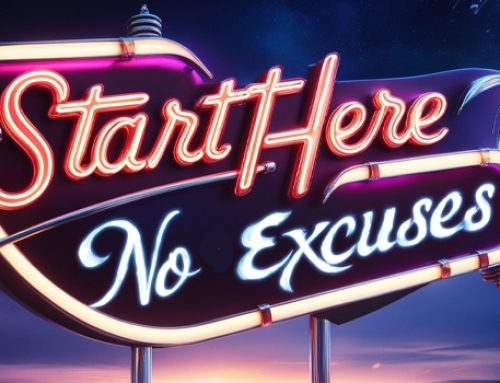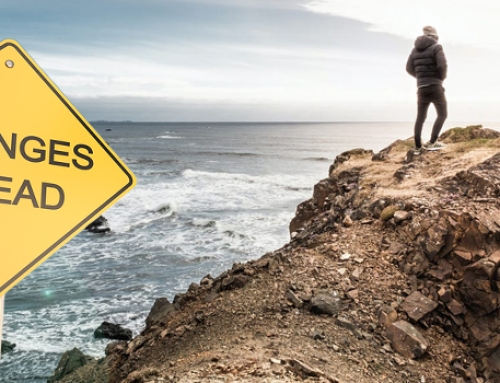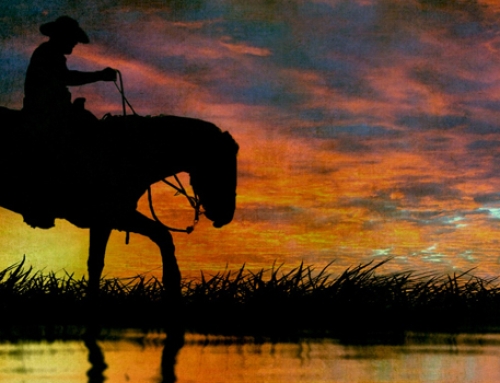We have all heard that if we don’t learn from our past, we are destined to relive it and when it comes to the economy and the cycles that naturally happen (which have been messed with for the last 40 years) you will have your ebbs and flows. Because financial institutions have been messing with the flows to keep them going, those ebbs are starting to rear their ugly heads.
The more I learn, the more I want to know because after all, we know the propagandists parading as the Main Stream Media will spew what they are told, there is quite a bit of apprehension all around. As I walk down Main Street USA I am seeing and hearing a very different picture of what we are being told. In communities across the country, people are still unemployed (or underemployed), they are still being forced out of their homes, and they are still going hungry.
As a student of history, myself, I utilize books, films, newspaper accounts, and personal journals to contribute to the knowledge of the events that caused the market crash of 1929 and the Great Depression that followed and what sustained it for so long. I find myself devouring them all so that I can learn and prepare for the hard times ahead. My favorites, however, are the personal stories from those who lived through it.
Before I do that, however, here are facts about the Great Depression that we should keep front and center as we move deeper into this next era of economic woes.
12 Facts About the Great Depression
1. The Great Depression did not happen overnight. 1929 was just the breaking point.
2. The media created panic and chaos with their sensationalized reports manipulating what was being reported.
3. Being poor was so common that being poor was considered “normal”, the effects were felt by all, even if they did not know it.
4. Hard work and an enterprising attitude made a bad situation tolerable, but those who were prepared fared better.
5. Investing time and energy in gardening and the raising of livestock (chickens and cows) had a huge payback in self-reliance.
6. Canning and preserving food were important if you wanted food to eat year-round.
7. The price of everything escalated on an almost daily basis. Relying on banks and paper money was no longer the best option.
8. Lawlessness was rampant. In addition to ruthless outlaws, neighbors stole from neighbors everything from food items to livestock to valuables such as jewelry and tools. Self-defense became a reality never more so since the Wild West.
9. In spite of everything, “Good Samaritans” emerged from unexpected places to help feed the people.
10. There were politicians who were interested in keeping the Depression going, not everyone wanted it to end.
11. Families learned to make do and to enjoy themselves with amusements and hobbies that took little or no money.
12. And perhaps the biggest lesson, use it up, wear it out, make do, or do without it.
Recalling the Great Depression
The following of those who I have spoken to in the past that speaks to a time when things were both tough and good at the same time.
The Great Depression: A Reminiscence
I had two young children and another on it’s way (my third son) when the Depression started to happen. Not everyone was effected right away from the crash. We didn’t have anything in the stock market, and no one we knew had anything there. It was over the course of the next 6 months when we really started to feel the downturn.
It first started with the staples and the groceries we usually got from our local store. My husband’s shifts at the mine started to be cut and within that time frame was no longer able to go in. The jobs just disappeared. At its peak, approximately 25 percent of American workers were without jobs. Chaos reigned as banks and insurance companies failed. Worst of all, with no bank deposits federally insured, many people lost their savings unless they were among the first to draw their money out of the banks before they closed their doors. We were fortunate, being in West Virginia at the time, people didn’t keep their money in the bank, but it started to buy less and less.
My husband and I decided to pull up stakes, we didn’t own the land we lived on, and moved across the country where we thought we could make a new start, where family and the church we belonged to was centralized. Although we did have a lot of support, it wasn’t easy. We found a place that we could live, but my poor husband had a time finding and keeping work. From working multiple jobs, as a milkman, trolly operator, laborer and more he kept a roof over our heads, but it was hard to do.
After years of struggle, and living within our means, which wasn’t much we were blessed to be able to get on with the city’s fire department that gave us a stable income that we were able to climb out and start thriving once again.
~~~~~
The Overall TakeAway
Part of my responsibility here as ThatAquaponicsGuy is to seek out information that will help each one of us prepare and to cope with the hard times ahead. In doing so, I try to keep in mind that all is not doom and gloom. To quote others:
“The 1930’s wasn’t all about scraping by. There were definitely some good times, too. It was centered on the more simple things around us. Many enjoyed their favorite fishing holes not only to get out of the city, or for food, but for relaxation as well. There weren’t as many people around so we could go to the local creek, or field and have some time to ourselves.
The Church had better attendance than now. And the socials, and activities from each congregation kept us busy. The same could have been said for the Catholics, and Protestants too. People were more involved, and utilizing what could be done for free, instead of spending precious cash for frivolous things.”






